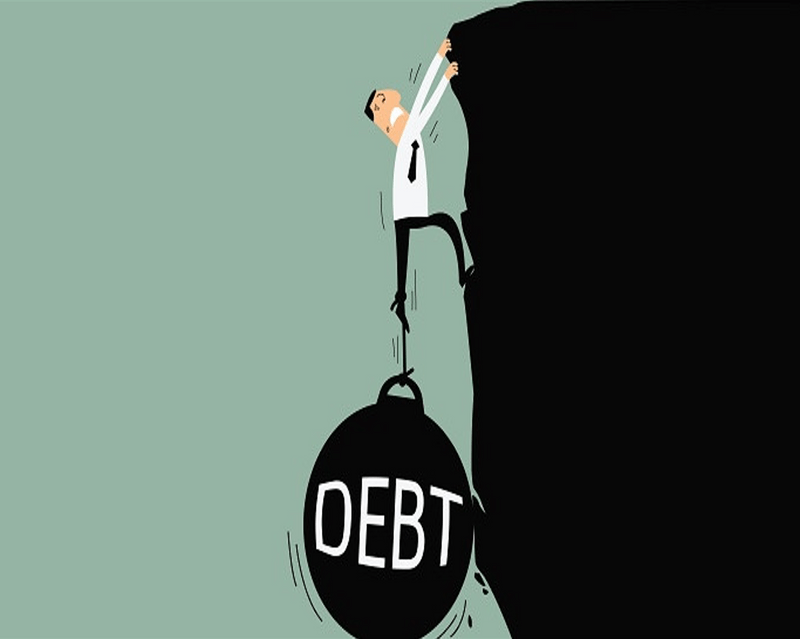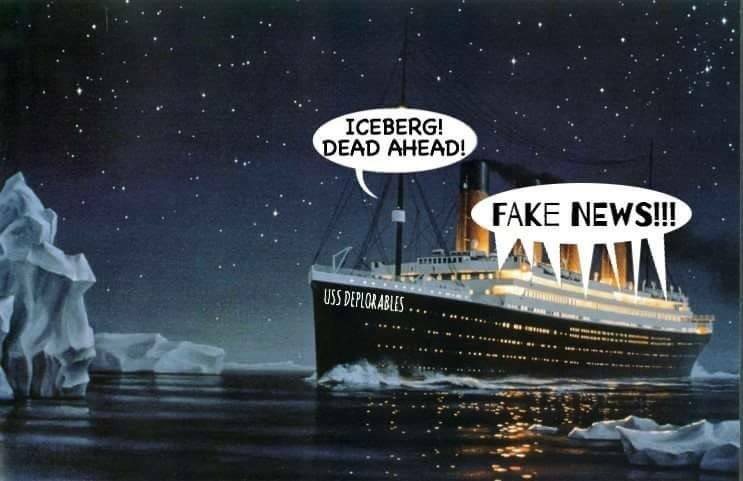Debt: the Apocalypse won’t happen
September 15, 2025Collective hysteria about debt is dangerous. More perilous even than debt itself. It reflects a profound misunderstanding of the nature and scale of public debt. Is France sinking inexorably into a “debt swamp”? Will its €3.3 trillion in gross public debt drive it to the edge of the abyss? Is it condemned to drastic budget…
The European flaw
July 17, 2025The level of American household debt is at its lowest in 50 years. But how is this possible, you might ask, in an alarmist context where politicians and analysts keep sowing panic about the unsustainability of U.S. deficits? The equation is simple, and I’ve been emphasizing it for years: public deficits generate private surpluses. In…
The Debt: Great Absentee of the American Electoral Campaign
October 20, 2024To solve a problem, you must first acknowledge its existence. The American debt, which has reached $35,769,084,471,524 in October 2024, does not concern either of the current U.S. presidential candidates. In fact, the word “debt” has not been mentioned even once in the debate between them. It is also absent from the official…
When China Gives in…
May 9, 2024China is on life support: 18 units of credit in China only equate to 1 unit of GDP growth. A cornerstone of household wealth at 65% of their assets, the country’s real estate sector, along with indebted regional governments to the tune of $9 trillion (over half the national GDP), are faltering. Authorities…
For China, good news are bad news
January 30, 2022China’s trade surpluses are beating all their historic records. Despite the stagnation of its national consumption, China is racking up trade surpluses in the way of 94 billion dollars per month. This good news is however not so good because the strong correlation between a nation’s trade balance and its overall consumption. These enormous…
Colonizing by Lending
October 14, 2021Colonisation is no longer what it once was. Actually, it just doesn’t use the same means anymore. Nowadays, to colonise, you lend, and that’s how you enslave. Over history, the debtor’s inability to pay has been used as an excuse to engage armies, like the British invasion of Egypt in 1882 because the country…
Taking on debt, yes, but what for?
October 11, 2020Following on from Keynes, it’s been years that I’ve been talking about it and outlining the mechanisms. At present, reality is catching up with the “mainstream” economists who with regret have recognised the absolute necessity for governments to deepen their debts in the current recession brought about by the health crisis. However, while the leaders…
This might not be a crisis!
May 9, 2020The comparison between the Covid-19-stamped economic crisis and the 2007-2008 crisis is fascinating. Do you remember: at the time, the real economy was suffering the direct consequences of an overindebted banking system that made heavy use of leverage. Faced with this existential threat, the response was rather classic, in that it consisted of creating…
The Monetary Theory of Happiness
April 29, 2020A government that puts its monetary system to the service of its citizens and businesses views money as an instrument to improve their prosperity. In the absence of this belief, government action is ineffective or effective for just a minority. This degenerates into “poverty in the midst of plenty” to quote Keynes, who illustrated…
Public debt and fake news
September 18, 2017Over the course of its history, the United States of America has seen six episodes of budget surplus. Five of them were immediately followed by depressions. Let us never forget that the orthodoxy – already powerful at the time – had pushed President Herbert Hoover to maintain a budget surplus in 1930, the year of…
Where have the bankruptcies of yesteryear gone?
June 28, 2017Adam Smith said it: governments never pay back their debts. Owing to the industrialisation, modernisation, and globalisation of economies, the private sector has also joined the public sector in rarely paying back its debts. Throughout the history of governments – and history itself – defaulting on payment was a sort of smaller common denominator which…
The European illusion
March 15, 2017The infamous Treaty of Versailles which was imposed on Germany following the First World War forced the nation to pay the astronomical sum of 132 billion Marks. This iniquitous treaty was to provoke the Occupation of the Ruhr in 1923 by France, displeased at the delays in German payments. In 1924 however, the Dawes Plan,…











